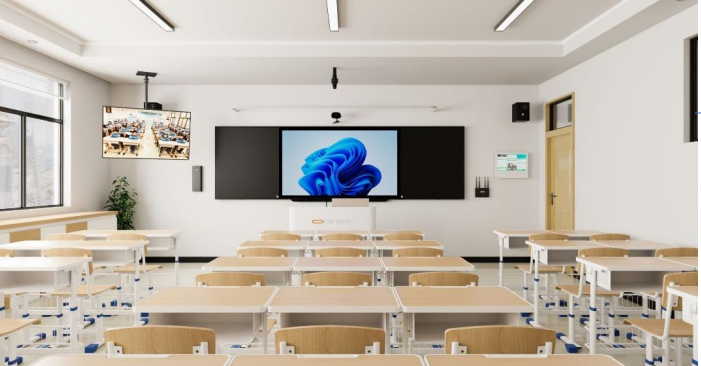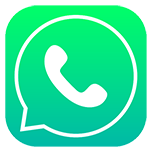Smart Class Room Solution
Enhanced Learning Experience:
Transform traditional learning into an interactive, multimedia experience—higher student satisfaction and retention.
Classroom Design and Layout Flexible Seating Ergonomic and Inclusive design
- Cutting-Edge Technology—Stay Ahead of the curve: attracts tech-savvy students and parents who prioritize modern, future-ready education.
- Seamless Integration: : the seamless integration of smart classroom solutions with existing infrastructure
- Interactive Displays and Whiteboards: . Interactive white boards—Interact with digital content on the screen, with write, draw, and manipulate objects with touch gestures.
- Virtual and Augmented Reality: . Interactive white boards—Interact with digital content on the screen, with write, draw, and manipulate objects with touch gestures.
- Sustainability and Energy Efficiency : . Interactive white boards—Interact with digital content on the screen, with write, draw, and manipulate objects with touch gestures.
- Global Connectivity: . Interactive white boards—Interact with digital content on the screen, with write, draw, and manipulate objects with touch gestures.


Learning Management Systems (LMS)
- Centralized Platforms: -- Google Classroom.. upload resources, assign homework, conduct assessments, and communicate with students and parents.
- Data Analytics: tools that help teachers track student performance, attendance, and engagement
- BYOD (Bring Your Own Device): allow students to use their own devices in class like chromebooks, tablets and laptops that can access the digital resources supported by secure Wi-Fi networks and device management systems.
- Collaboration Tools Student Response Systems: Realtime student interaction and engagement.
- Collaborative Software:Google Workspace for Education or Microsoft 365 enable students to work together on documents, presentations, and projects in real-time.


